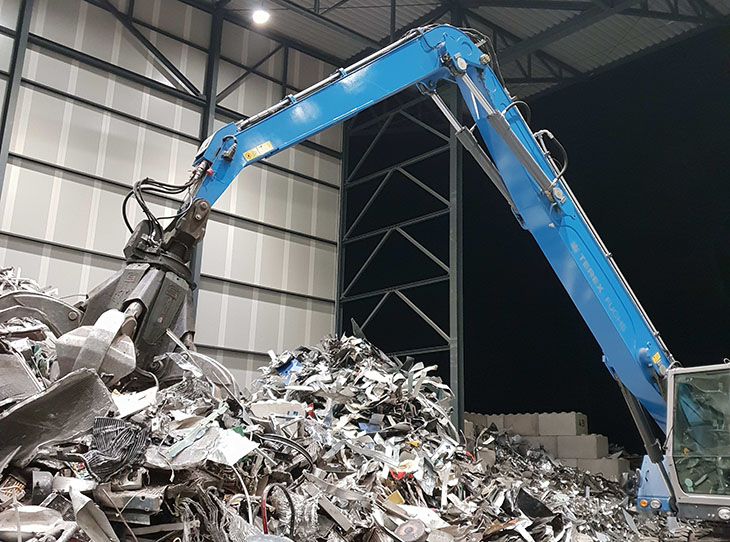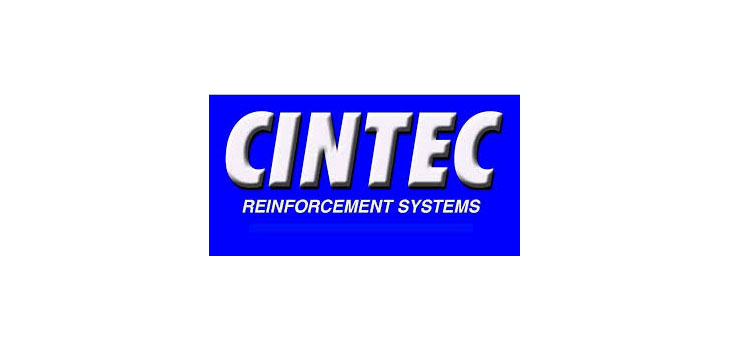The evergreen cork oak trees grown in the hills and flatlands of the „montados“ make a part of the typically Portuguese landscape. Cork is one of the best known products of Portugal and one of the biggest industries and exports of the country, which supplies more than 50% of cork worldwide.
The Manufacturing Journal had the opportunity to talk to Fernando Silva - the Chief Commercial Officer of Lafitte Portugal, an enterprise that specializes in bottle cork production and counts among the best known in the branch.
How it all came to be: history and milestones
The whole story began not in Portugal itself but ….in the southwest of France. The French family Lafitte, nowadays a renown name with reputation in the wine industry, created the first cork stopper manufacturing business in 1918. Some few years later the company also takes in the capsules factory - COLIEGE METALCO EMBALLAGES. Today it is already the fifth generation that continues to develop its activities in the wine and cork branch. The first crucial moment was the year 1956, when the company moved to Portugal, building there its major production plant, so as to participate in the selection of the raw material and be able to single out the cork of fine quality at the place of its origin. The enterprise kept developing and in 1982 it expanded once again, establishing LAFITTE CORK AND CAPSULES in Napa, in California, in order to respond to the growing interest and demand of the American markets and process the products for direct sell to American customers. 2001 and 2009 Lafitte established the next entities in Chile – Lafitte Chile and Metalco Chile. In the meantime, in the year 2003, the company purchased a second processing plant in Portugal to meet the permanently growing demands for cork production. Today Lafitte Portugal maintains a family-owned business with production and distribution facilities for wine corks and capsules on three continents, having its subsidiaries in Chile, France, Italy, Portugal and the United States. With its long years of industrial experience and dedication the company can ensure the continuous improvement and production of highest quality corks.
Unique material, production process and products
Every tourist in Portugal must have stumbled across the omnipresent cork souvenirs. Cork oaks, grown in agro-forestry systems of the so called „montados” are one of the main earners for Portugal. These beautiful, powerful and majestic trees like the National Monument of Sobreiro Monumental (Monumental Cork Oak) in Águas de Moura are also considered to be excellent soil builders and are playing a key role in soil conservation, regulation of the water cycle and water quality, counteracting the desertification. Oak trees are also highly ecological: aside from being oxygen producer and repairing damage done by carbon emissions, they are also sustainable, which is why it is illegal to cut a cork tree down without the official permit from the Portuguese Ministry of Agriculture. This unique material - a natural plant tissue from the bark of the cork oak tree expands when it is warm and the cork harvesting usually takes place between May and September. The whole process is handmade, done with the usage of axes, with no machines involved. The trees aren’t damaged when the cork is harvested- the tiradores (cork strippers) peel the cork off from the tree and leave it to dry out. Then the cork will be boiled, pressed and separated into batches. The bark is the only part to be extracted, so that a new layer of cork can regrow in the next years. The usual life span of a cork tree (Quercus suber) is about 200 years and the first harvesting occurs twenty to thirty years after seeding. The trees can be commonly harvested every nine years in their life time. At each production stage the material undergoes many levels of scrutiny and thorough, detailed lab inspection, which can only be done by specialists. The outcome of this dedication is a pure, exquisite product that “crowns the achievement of fine wine”. The cork itself is also increasingly being sold to the construction and fashion industries and even used in decorative objects and in space industry. As a recycled material it is also often used in other products like furniture, panels, printing, book covering and clothing manufacture; and last but not least- cork powder finds application even in facilities for electricity cogeneration. The main specialization of the Lafitte Group lies in the production of cork closures for wine and beer bottle stoppers, but the company offers also a complete range of stock PVC, Polylaminate, Alustar and Tin capsules.
Commitment to innovation: investments & plans
Lafitte’s most important aim is to become preferred partner in the world’s main wine sectors and leader in the quality of supplied products. Few companies are as focused and driven as Lafitte - the commitment to innovation and quality, paired with a generational family approach to business, results in growing developments of new technologies and big investments done over the last few years. They include, among others, also the development of PerfectGo - the single cork TCA detection technology that has revolutionized the wine industry. PerfectGO technology is a scientific method of single cork analysis, able to create 100% TCA free lots. This innovative process marks a real revolution: the total elimination of the so called “corked flavour” in the cork stoppers. In the meantime Lafitte is already delivering the first orders of 100% safe corks to their numerous customers. Among many other plans for the next future the most significant include the further development of the PerfectGo technology, as well as improving the own performance in the international markets. Lafitte’s quest for perfection can be best summarized in the words of William A. Foster: “Quality is never an accident; it is always the result of high intention, sincere effort, intelligent direction and skillful execution; it represents the wise choice of many alternatives.”
Clients & quality control
The markets, the customers and their satisfaction have always been of crucial importance to the company- this is why it invests in continuous development, improvement facilities and investigation processes that allow to deliver the best cork quality. The Group, all its entities and subsidiaries work hard to provide best products and services to its clients and partners, trying to be close, meet or even anticipate their needs and build long term relationships. As a consequence the biggest wine producers trust the brand and its products, finding there the very quality they are looking for. Lafitte Portugal sees its mission as “fidelity to tradition and quality”. One of the ways to guarantee this excellence is hard work of the specialists involved in the production process. The chemical, physical and mechanical tests performed throughout the production process help to guarantee the pre- established quality standards. The company follows also the policy of precise selection and often control of its regular suppliers. Due to these tireless efforts, in 1977 the facility was certified ISO9001:2000 and soon also the ISO9002(2003). Lafitte Cork and Capsule is also a founding member of the CQC (Cork Quality Council), entity that sets standards on corks to be sold on the international markets. The company takes pride in the many certifications it got, because every and each of them demonstrates the ability to achieve standards of excellence and is a sign of responsible, efficient development. Lafitte has transitioned to ISO9001: 2015 in 2017 and has been implementing a HACCP system since 2006.























